Personalized Learning Is Special Education and the Time Is Now
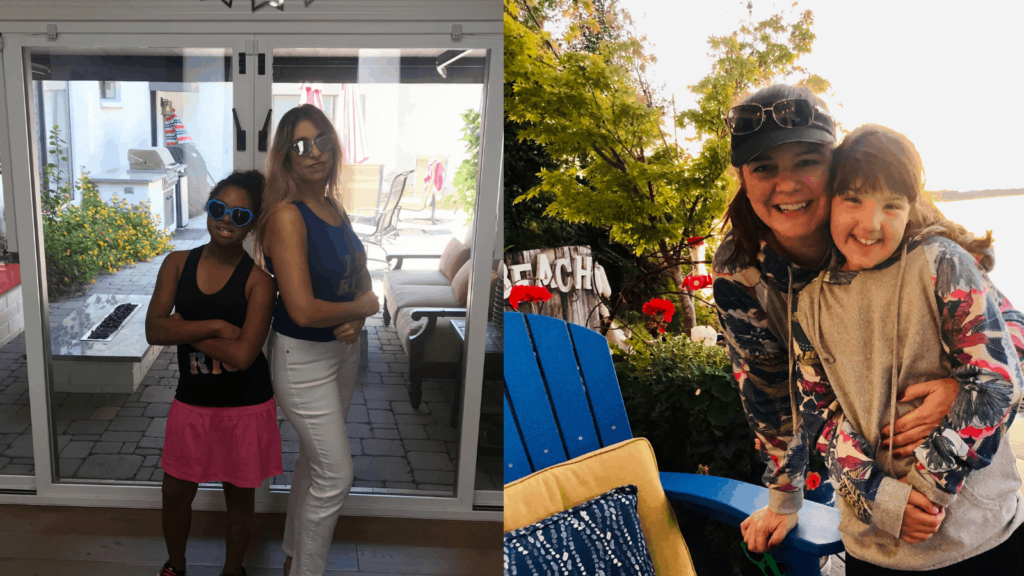
We first met while advocating for personalized learning, but our common experience as mothers of daughters with significant disabilities cemented our friendship. And we believe these professional and personal experiences have given us insights into how schools can design student-centered, personalized learning for all students.
Lessons from Special Education for Personalized Learning
Ask any parent and they will tell you that all kids are different. However, some kids’ differences come with a diagnosis that will allow for a personalized, special education. But what of the countless other children who struggle in school every day? Why can’t their learning experience be more tailored, leveraging their strengths and interests?
For over 40 years our nation has authorized an individualized program of instruction for students with disabilities and while there is certainly much to be said about ensuring quality in all special education systems, we can learn a lot about personalized learning from special education.
Educators have long recognized that the education strategies that work for students with additional needs would benefit all kids. These personalized learning strategies are, in fact, best practices for all students. Yet we continue to design our schools for the ‘average’ student. And then we wonder why there is so much frustration when we try to fit the proverbial square pegs into round holes.
You may assume the line between general and special education is clear, but it is quite blurry. Special education was never intended to be a separate system. It was designed to facilitate access to general education. Unfortunately, disability labels can now act as fuzzy barriers separating those who qualify for individualized instruction and those who do not. And this is the problem: the one size fits all approach to education doesn’t account for students’ differences or preferences unless they have a disability.
Even so, the commonly used special education terms of accommodations and modifications imply after the fact tweaks to an existing system. The idea of “falling behind” or “accelerating” implies one pace for learning–instead of allowing students to progress at their own time and pace and actually master concepts.
Letting Go of the Mythical Average Student
COVID-19 is forcing difficult–but essential–conversations regarding education and equity. We’ve learned a lot, and will likely learn even more in the coming school year. One lesson we hope will come from this is that all students should have access to student-centered learning; students shouldn’t require a label to make a system fit them.
We will never stop advocating for our daughters and their peers, however, special education reform is not our ultimate goal. We envision a future where students are not seen as problems that disrupt the system, but rather students are at the center of the design process. The idea of reinventing education is daunting, yet the pandemic is forcing us to do so. Why not do it right and lay the first bricks in a new education design that personalizes learning for every single learner?
One day, education systems will no longer be designed for the mythical average student, but rather for our daughters, your child, and every student. After all, personalized learning is special education–done well–for all students.
For more, see:
- Responding to Crisis With a Tiered Supports System
- Empowering Families to Teach Coding at Home
- How I Leveled Up My Engineering Skills This Summer
Karla Phillips-Krivickas is the Senior Director of Policy and Advocacy for KnowledgeWorks. She has over 20 years of national and state education policy experience in legislative, executive and non-profit leadership roles. As a mother of a child with a disability, Karla is channeling her experience and opportunities to passionately advocate for students with disabilities.
Stay in-the-know with innovations in learning by signing up for the weekly Smart Update.
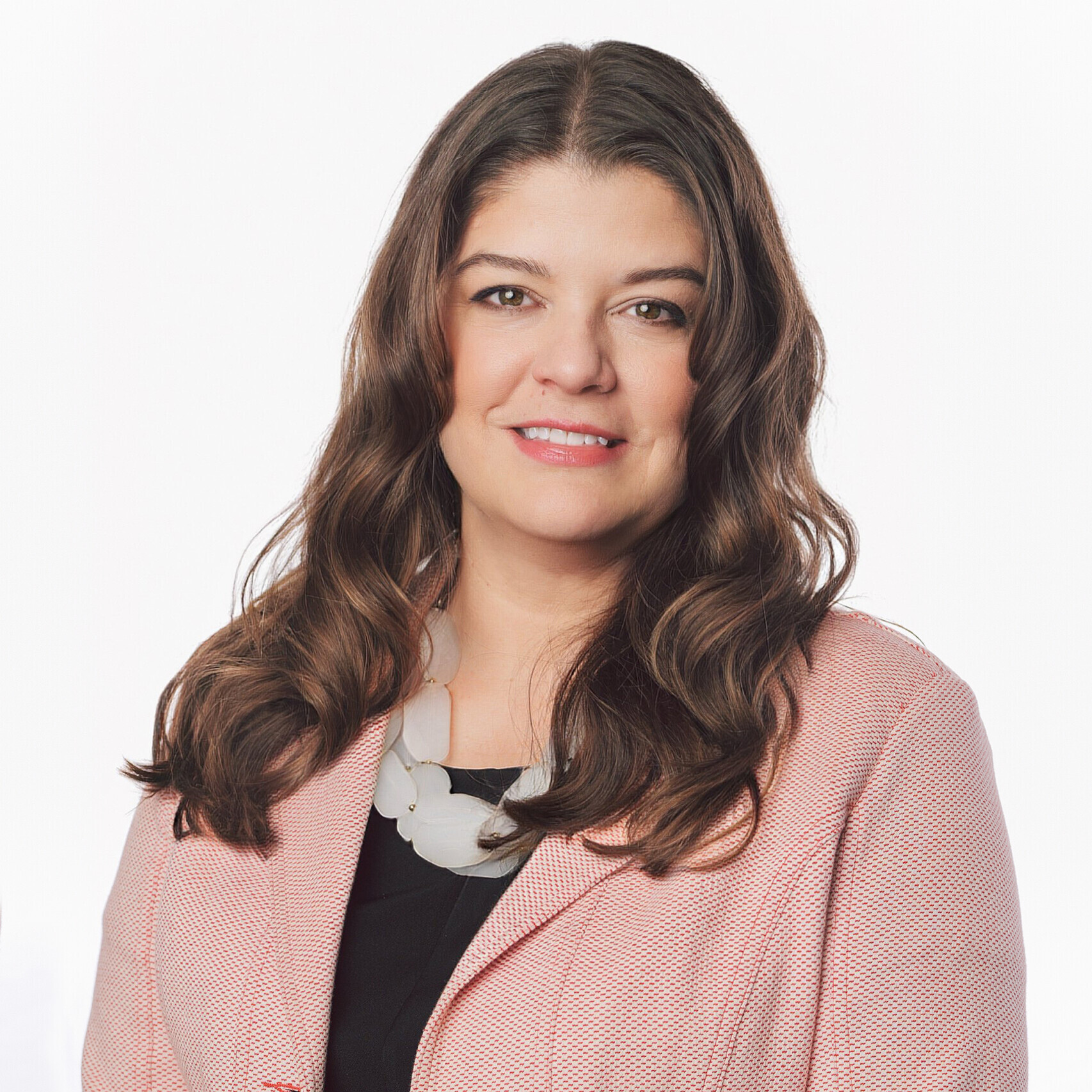
Rebecca Midles
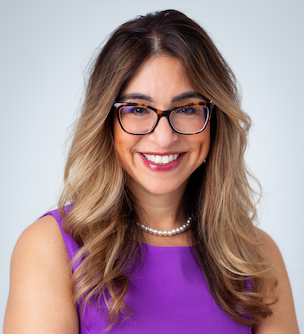


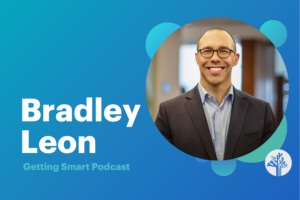

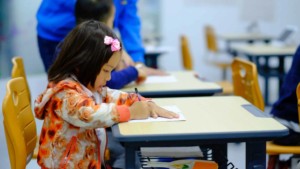
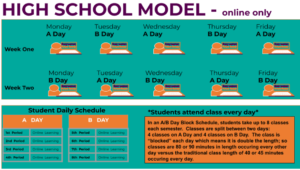
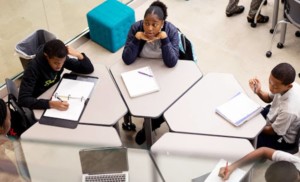
Amy Saunders
Hi! Thank you very much for explaining in detail that virtual learning is highly beneficial to children with disabilities as well because they can access it no matter where they are. My neighbor's granddaughter is wheelchair-bounded at the moment after being hit by a car last month but she still wants to resume her school session. I'll ask her to consider this option so she can study as usual. https://www.palcs.org/special-education
Mr. B's Brain
Thanks for sharing this post! I agree that every kid is different just like how every individual is unique and has a different personality. There may be huge similarities but there will always be a couple of differences. I found this site https://www.mrbsbrain.com/ and they provide educational videos available for kids to watch and learn while having fun in the comforts of their homes. Do you think that this labeled education system promotes discrimination and separates those students enrolled in special education from the norm? Or does it help those kids in special education as emphasis or specifications are implemented per lesson according to their condition?